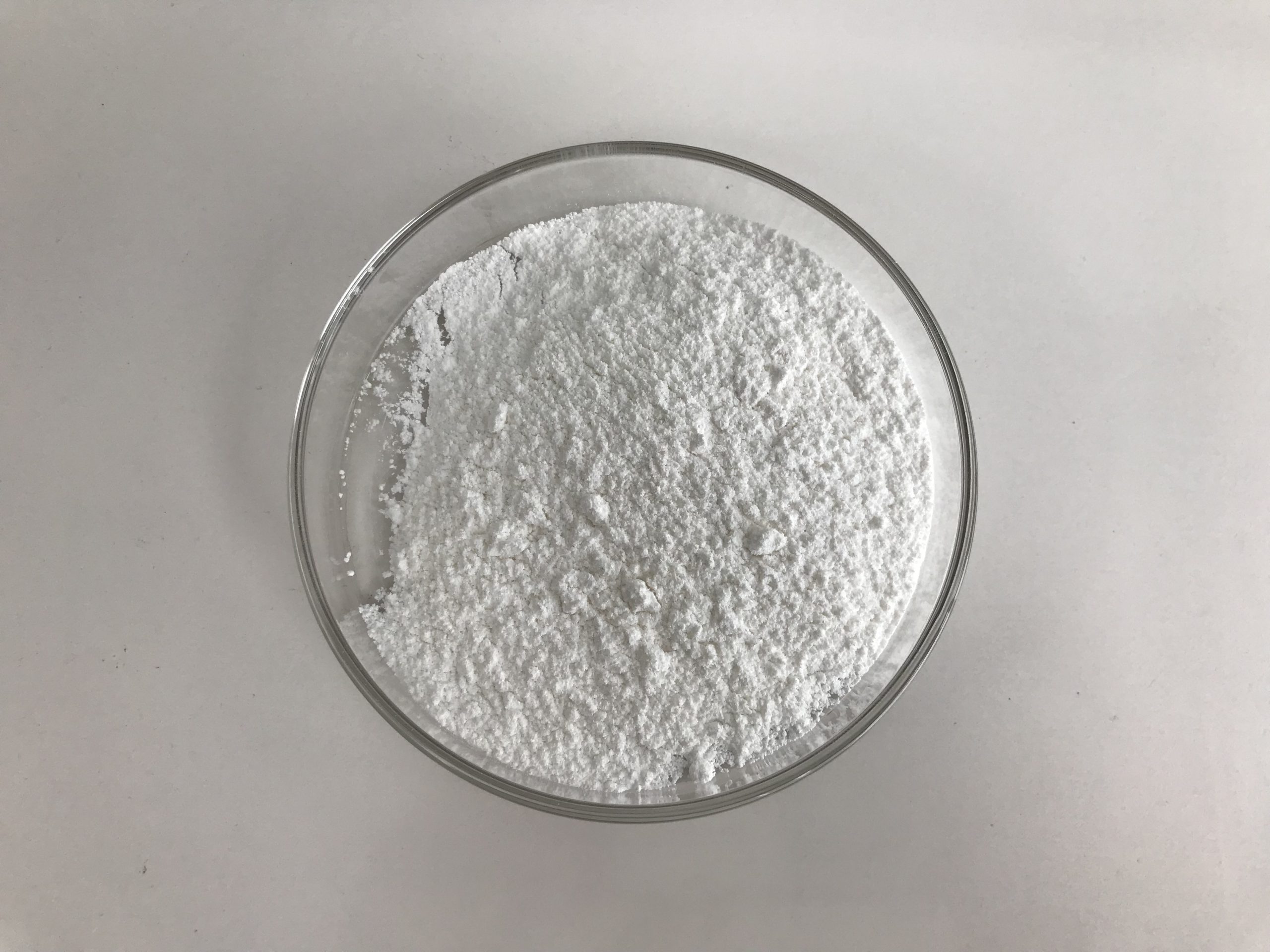Adenosine triphosphate (ATP) is the primary energy carrier in all living organisms. It plays a crucial role in various cellular processes, including muscle contraction, nerve impulse propagation, and chemical synthesis. ATP is synthesized in the mitochondria during cellular respiration and can be quickly used to power biological functions.
Adenosine Triphosphate and its Role in Disease
Adenosine triphosphate is essential for maintaining normal cellular functions, but disruptions in ATP production, utilization, or homeostasis are linked to several diseases. Here’s how ATP relates to various conditions:
1. Mitochondrial Diseases
Mitochondria are the primary source of Adenosine triphosphate in cells, so mitochondrial dysfunction can drastically affect energy production. Disorders such as MELAS (Mitochondrial Encephalomyopathy, Lactic Acidosis, and Stroke-like episodes) and Leigh syndrome lead to reduced ATP synthesis, causing energy deficiencies, which result in muscle weakness, neurological symptoms, and organ failure.
2. Cancer
Cancer cells exhibit altered metabolism, known as the Warburg effect, where they rely on aerobic glycolysis rather than oxidative phosphorylation to generate ATP. Although glycolysis is less efficient in terms of Adenosine triphosphate yield, cancer cells upregulate this process to support rapid growth. Disrupting ATP production in cancer cells is a target for some cancer therapies.

3. Ischemic Diseases (e.g., Heart Attack, Stroke)
During ischemia (restricted blood flow), tissues receive less oxygen, reducing ATP production through oxidative phosphorylation. Cells then switch to anaerobic metabolism, which produces less Adenosine triphosphate and leads to lactic acid buildup. The ATP deficit causes cell death in critical tissues, contributing to conditions like myocardial infarction (heart attack) and stroke.
4. Neurodegenerative Diseases
Diseases such as Parkinson’s disease, Alzheimer’s disease, and Amyotrophic Lateral Sclerosis (ALS) have been linked to mitochondrial dysfunction and reduced Adenosine triphosphate production. In these conditions, energy deficiencies can impair synaptic function, contribute to oxidative stress, and accelerate neuronal death.
5. Diabetes
In type 2 diabetes, insulin resistance is associated with impaired mitochondrial function and reduced ATP synthesis. This lack of ATP contributes to poor glucose metabolism and the progression of the disease. Additionally, high glucose levels can cause mitochondrial damage, creating a feedback loop that worsens ATP deficits.
6. Chronic Fatigue Syndrome (CFS)
Individuals with CFS often exhibit abnormalities in energy metabolism, including impaired mitochondrial function and Adenosine triphosphate production. Reduced ATP availability may explain the chronic, debilitating fatigue experienced by patients.
7. Sepsis
During sepsis, an overwhelming immune response to infection can lead to systemic energy failure. Mitochondrial dysfunction and a reduction in Adenosine triphosphate production are thought to contribute to the organ failure observed in severe sepsis.
8. Muscle Disorders (e.g., Myopathies)
In certain genetic disorders such as McArdle disease or Pompe disease, Adenosine triphosphate generation in muscle cells is impaired. This leads to exercise intolerance, muscle weakness, and cramping, as muscles cannot generate the ATP required for sustained activity.

Therapeutic Approaches Targeting Adenosine Triphosphate
- Mitochondrial-targeted therapies: These include agents that improve mitochondrial function or increase Adenosine triphosphate production, which could benefit conditions like neurodegenerative diseases and mitochondrial myopathies.
- Anticancer strategies: Inhibiting Adenosine triphosphate production in cancer cells (for example, by targeting glycolysis or oxidative phosphorylation) is being explored as a treatment option.
- Metabolic interventions: In diabetes and ischemic diseases, strategies to improve Adenosine triphosphate production or restore normal energy metabolism are being developed.
In summary, Adenosine triphosphate plays a critical role in both normal physiology and disease processes. Dysregulation of ATP synthesis or utilization is associated with a variety of diseases, many of which involve mitochondrial dysfunction or altered cellular metabolism.
